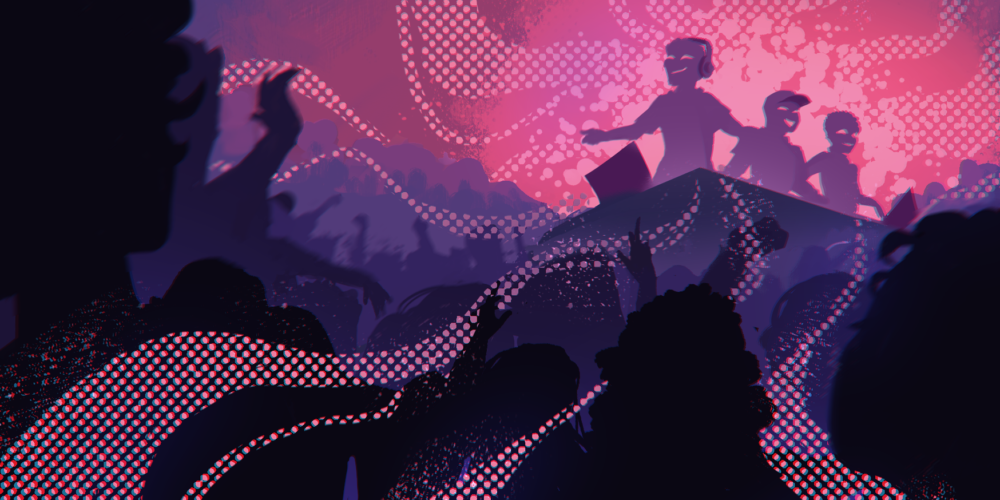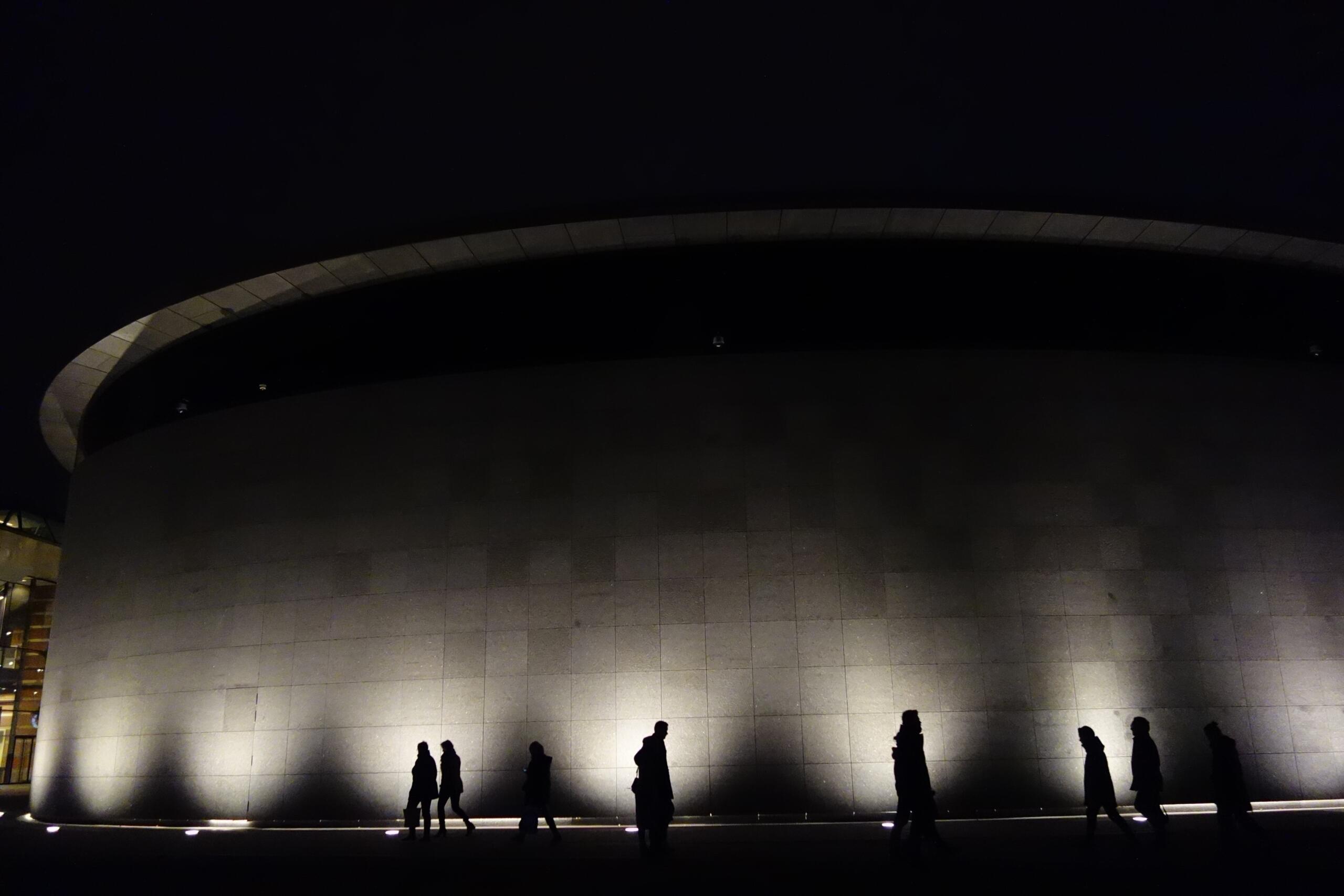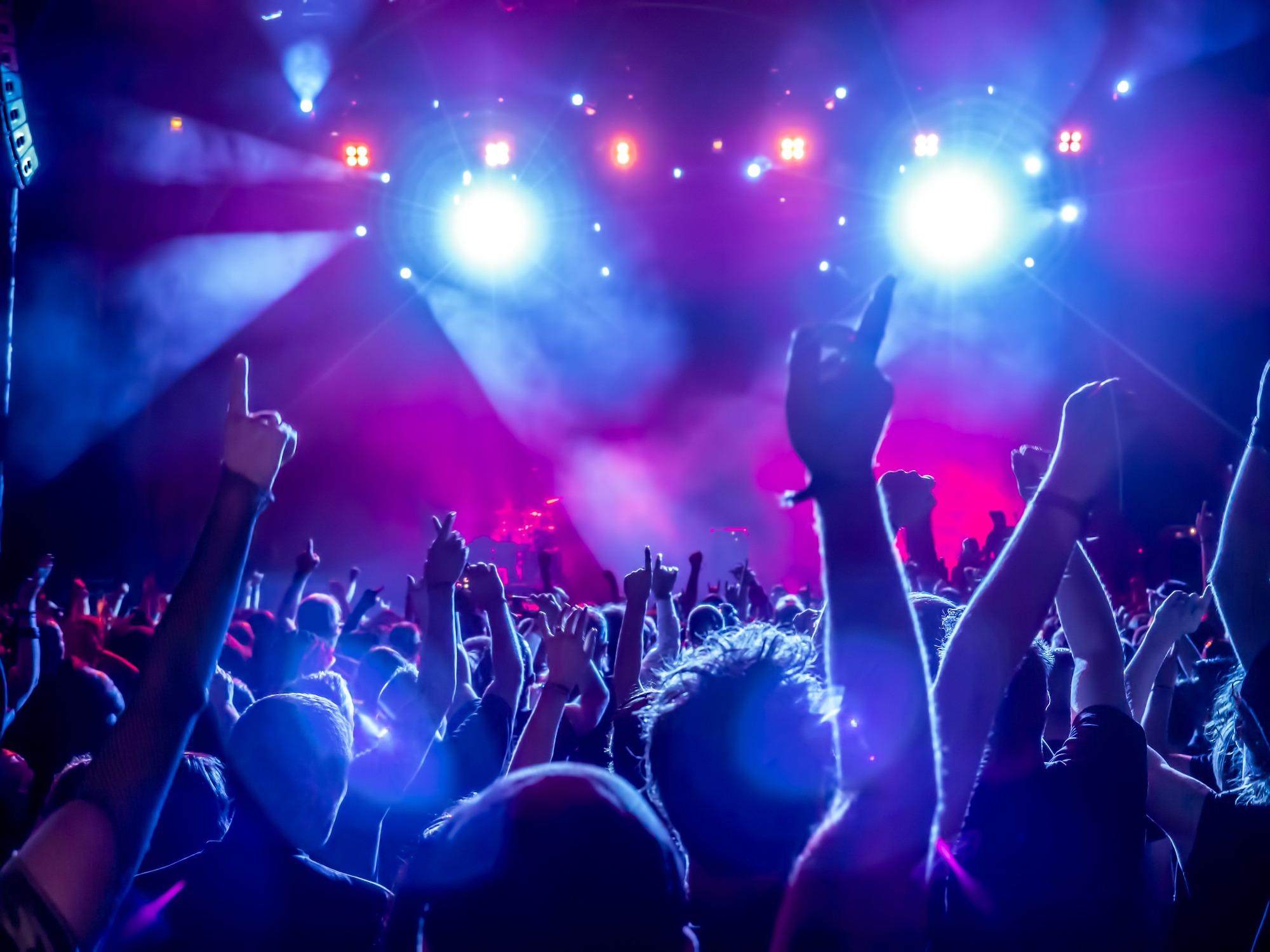
Project of the Month: NITE
By Alison MacDermott
Posted: 27 January, 2022
HERA is pleased to present the next Project of the Month: Night Spaces: Migration, Culture and Integration in Europe.
How are public spaces at night imagined, produced, experienced and narrated by migrant communities in Europe? This research project considers this question in eight European cities: Aarhus, Amsterdam, Berlin, Cork, Galway, Lisbon, London, Rotterdam.
Project Name
Night Spaces: Migration, Culture and Intergration in Europe.

Project Team
- Dr Sara Brandellero (Leiden University)
- Prof. Ben Campkin (UCL)
- Prof. Manuela Bojadziev, Humboldt University
- Dr Derek Pardue (Aarhus University)
- Dr Ailbhe Kenny (Mary Immaculate College, University of Limerick)
- Dr Kamila Krakowska Rodrigues (Leiden University)
- Seger Kersberger MA (Leiden University)
- Dr Lo Marshall (UCL)
- Dr Alessio Koliulis (UCL)
- Laura-Solmaz Litschel MA (Humboldt University)
- Dr Katie Young (Mary Immaculate College, University of Limerick)
Describe your project development to date
NITE takes eight cities of different scales and histories of intra- and extra-European migration as case studies. At the University of Leiden, we have focused on Rotterdam, Europe’s largest port, through its large Cape Verdean community, in comparative analysis with migrant groups in Amsterdam. This connects with the study of recent African immigration and cultural practices in public spaces in Cork and Galway, studied by the team at Mary Immaculate Collge, University of Limerick. To strengthen the comparative, transdisciplinary focus, we have considered the differing use of culture in public spaces and policing practices between the substantial Angolan and Cape Verdean communities in Lisbon and Aarhus’s so-called “ghetto” communities of “Muslim youth,” studied by the team at the University of Aarhus. The University College London (UCL) team has focused on LGBTQ+ (Lesbian, Gay, Bisexual, Trans and Queer) night-spaces oriented around migrant identities or histories. These are contextualised against London’s history as a place of sexual and gender diversity, and recent policy innovations recognising the value of night-spaces to social integration and supporting LGBTQ+ nightlife. This focus on leisure and workspaces is paralleled in Berlin, where research at Humboldt University examines the connection between night-time spaces and socio-cultural practices, studying migrant labour (South/Eastern European couriers) within the city’s growing digital economy.

How did the pandemic impact on the project and how has the project adapted?
Our ability to carry out fieldwork and hold events has been deeply impacted by the pandemic. We have adapted through more extensive use of online methods and organization of online conference. Luckily, some events and research, such as the production of short films, an interactive web music project, venue 3D scan and community workshops, were able to go ahead in-between lockdowns. Urban nightlife has been among the sectors most affected by the pandemic, and we have witnessed some of the devastating impact on the sector, as well as its resourcefulness.
If we take a broad definition of public space as an ‘area or place that is open and accessible to all peoples, regardless of gender, race, ethnicity, age or socio-economic level’ (Unesco 2017), we acknowledge that the actual accessibility and experience of public spaces can be often complex and problematic. This has gained a new and critical perspective in the light of the Covid-19 pandemic, which has deeply impacted on people’s ability to use and share public spaces. It has also had an exceptional impact on the financial viability of some night-time spaces (especially independent venues), due to restricted hours, curfews etc.
The pandemic has also re-focused our attention to the role of virtual spaces and to the porosity between private and public spaces – as digital connectivity has turned traditionally understood private spaces (our homes) into public/work meeting spaces. With many venues closed, the key role of public spaces and night-time culture for wellbeing and opportunities for exchange and integration has become magnified, as has that of night-time migrant labour in times of curfew, lockdowns and remote working.
Interesting collaborations / partnerships
We are collaborating with a number of non-academic partners, including night-time policy makers, grassroots organizations, and we work closely with diverse migrant communities across the eight cities on which we research. Our associate partners include former Amsterdam Night Mayor Mirik Milan and London Night Czar Amy Lamé. Collaborations have involved a community-led event in Rotterdam that resulted in a policy recommendation document we are working on to make night-life and culture more inclusive. We have been developping two community-led documentaries on urban culture at night in Rotterdam and Amsterdam, in spaces and venue particularly significant to the Cape Verdean and Brazilian communities in the Netherlands.
In Aarhus, we have collaborated with pedagogues and community leaders inside “youth clubs” and other public-private institutions dedciated to “youth culture.” In Lisbon, the team collaborated with a state agency that regulates local police forces, especially how they interact with immigrant communities. This was balanced by partnerships with local neighborhood organizations run by Cape Verdean and Angolan residents.
In Berlin, we are collaborating with the Freiraum an art and publication space at the Museum für Kunst und Gewerbe in Hamburg and we are currently planning a photo project presentation, a book launch and a roundtable at the museum. We also collaborated with the Fairwork project, an initiative that aims to promote better working conditions in the platformsektor. In the frame of the Fairwork Winterschool we had a roundtable on the topic of working conditions in Berlin with migrant bike courieres, researchers and union organizers at the Technical University Berlin moderated by Professor Manuela Bojadzijev and Laura-Solmaz Litschel gave a talk about the working conditions of bike couriers and Escooter Rechargers in Berlin.
“Music, Memory, and the Night” (musicmemorynight.com) emerged out of NITE’s Irish research project, led by Dr. Ailbhe Kenny along with postdoctoral researcher Dr. Katie Young. Four musicians and four visual artists engaged in conversation to explore musical memories of night spaces in Galway and Cork. Musical memories come to life as each visual artist created a digital illustration or canvas painting based on a musician’s nocturnal memory. This audio-visual event combined musical memories, visual artwork, and musical compositions, all available on an interactive virtual platform. The event centred around Afro-Irish and Black musical experiences in both cities.
Project Outputs
You can find some of our outputs and information of conferences, interviews and other activities to date on our website, via the following link: https://www.nightspace.net/nite-feed/
Conferences:
- We have so far held two international conferences – London (2020) and Berlin (2021). On the link above, you can find the number of recorded talks and panels. Our next conference, entitled City Nights: Migration and Cultural Encounters, will be in Leiden (May 2022). Here’s our CFP: https://www.nightspace.net/uncategorised/call-for-papers/
Videos:
- We have produced a short video about our project, which you can watch here: https://www.nightspace.net/uncategorised/video-update
Interactive Work:
- Interactive web project: https://www.musicmemorynight.com/
NITE websites:
- Project own site: Nightspace.net
- Facebook: Night Spaces: migration, culture and integration in Europe
- Twitter: @NITE_HERA
Publications
- Journal Article: Kenny, A. & Young, K. (2021) ‘The house of the Irish’: African migrant musicians and the creation of diasporic space at night, Ethnomusicology Forum, (online first) https://www.tandfonline.com/doi/abs/10.1080/17411912.2021.1938623
- Stop Press! Check out our most recent publication, the Urban Pamphleteer on the theme of Reimagining the Night: http://www.urbanpamphleteer.org/reimagining-the-night
 Share on LinkedIn
Share on LinkedIn